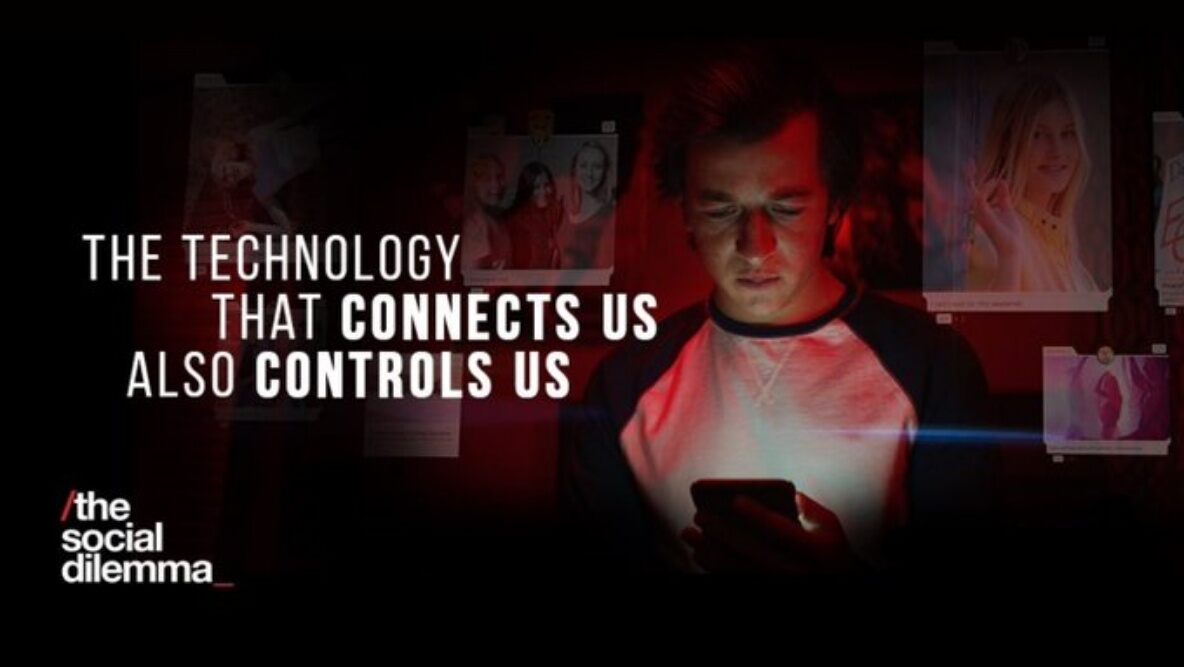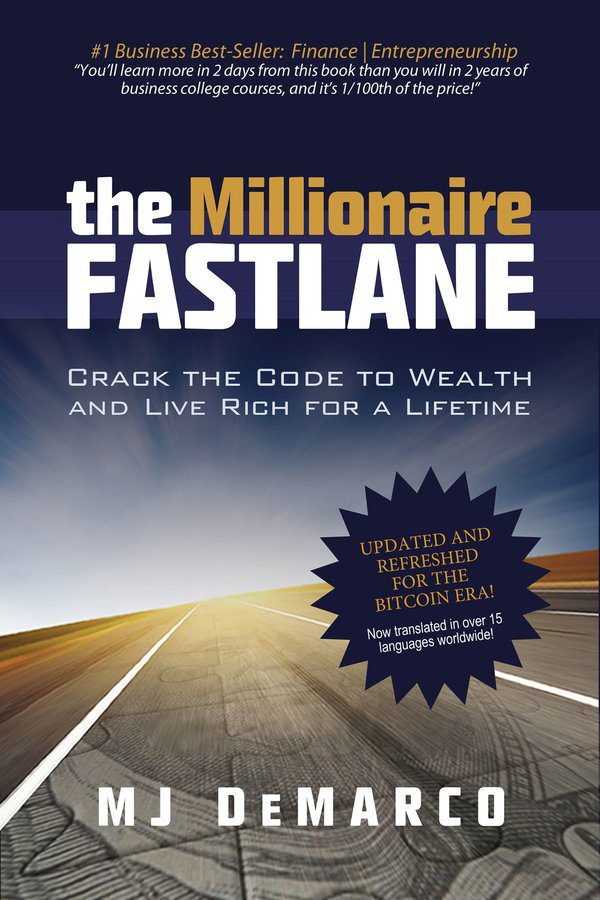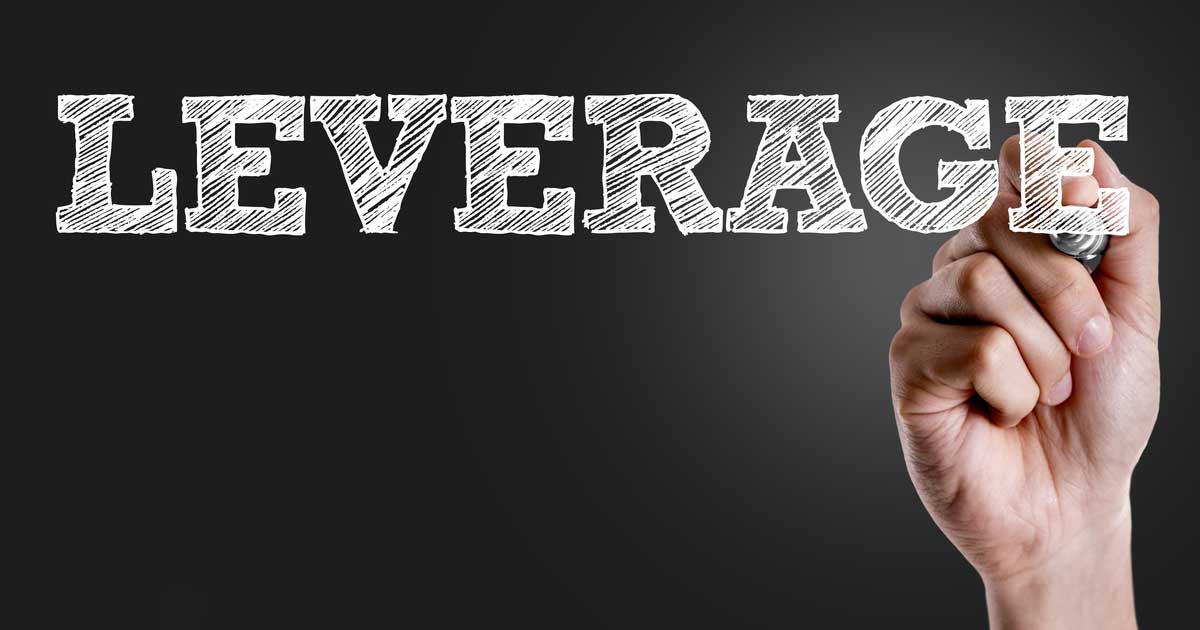There are only two industries that call their customers ‘users’: illegal drugs and software. – Edward Tufte
I have a love-hate relationship with social media because it has some very significant advantages and also some very worrying qualities. I got very interested in the way social media is affecting the world after I read Digital Minimalism by Cal Newport. I had a paradigm shift after reading that book, which led me to delete Facebook, Twitter, Instagram, and Linkedin (not deleted but deleted all posts)
I have since read Irresistible by Adam Atler, The Shallows: What the Internet Is Doing to Our Brains by Nicolas Carr, Ten Arguments for Deleting Your Social Media Accounts Right Now by Jaron Lanier, and looking forward to reading The Age of Surveillance Capitalism by Shoshana Zuboff, Weapons of Math Destruction by Cathy O’Neil, among others. The Arguments of the authors are both chilling and thought-provoking; Social Media is great but use with discretion and in moderation.
The Social Dilemma is a 2020 docudrama directed by Jeff Orlowski and written by Orlowski, Davis Coombe, and Vickie Curtis. Released via Netflix on September 9, 2020, the film explores the rise of social media and the damage it has caused to society, focusing on its exploitation of its users for financial gain through surveillance capitalism and data mining, how its design is meant to nurture an addiction, its use in politics, its impact on mental health (including the mental health of adolescents and rising teen suicide rates), and its role in spreading conspiracy theories and aiding groups such as flat-earthers and white supremacists.
Any sufficiently advanced technology is indistinguishable from magic. – Arthur C. Clarke.
Here are my favourite takeaways from watching the Social Dilemma Netflix documentary:
We are exploiting a vulnerability in human psychology – Sean Parker, First President of Facebook
The film features compelling interviews with high-profile tech whistleblowers and innovation leaders including
- Tristan Harris of the Center for Humane Technology; the co-inventor of the Facebook “Like” button,
- Tim Kendall, former President of Pinterest and former Director of Monetization at Facebook; Moment CEO
- Jaron Lanier, Father of Virtual Reality, Computer Scientist and Author of Ten Arguments for Deleting Your Social Media Accounts Right Now
- Roger McNamee, Facebook Early Investor and Venture Capitalist
- Aza Raskin, Former Firefox and Mozilla Labs, co-founder of the Center for Humane Technology,
- Justin Rosenstein; Former Facebook and Google Engineer, Asana Co-Founder
- Shoshana Zuboff; Harvard Business School Professor Emeritus and Author of The Age of Surveillance Capitalism
- Jeff Seibert; Former Twitter Executive
- Sandy Parakilas; Former Facebook and Uber Product Manager
- Cathy O’Neil, author of Weapons of Math Destruction
- Rashida Richardson, Director of Policy at the AI Now Institute,
- Joe Toscano; Former Experience Design Consultant at Google, Author Automating Humanity
- Chamath Palihapitiya; Former Facebook VP of Growth, CEO of Social Capital
- Dr. Anna Lembke; Stanford University School of Medicine, Medical Director of Addiction Medicine
- Jonathan Haidt, PhD; NYU Stern School of Busines, Social Psychologist | Author, The Righteous Mind: Why Good People are Divided by Politics and Religion
- Randima (Randy) Fernando; Former Product Manager NVIDIA, Former Executive Director Mindful Schools, Co-Founder, Center for Humane Technology,
- Bailey Richardson; Instagram Early Team
- Rashida Richardson; NYU School of Law Adjunct Professor, A.I. Now Institute Director of Policy Research
- Guillaume Chaslot; Youtube Former Engineer, IntuitiveAI CEO, AlgoTransparency Founder.
- Renée DiResta; Stanford Internet Observatory Research Manager, Former Head of Policy, Data for Democracy.
- Cynthia M. Wong; Human Rights Watch Former Senior Internet Researcher
- Alex Roetter; Former Senior VP of Engineering at Twitter
Whether it is to be utopia or oblivion will be a touch-and-go relay race right up to the final moment – Buckminster Fuller
Tristan Harris on Social Media
You don’t know when you’re gonna get it or if you are gonna get something, which operates just like the slot machines in Las Vegas.
- If you are not paying for the product, then you are the product.
- The Social Media platform have three essential goals
1. Engagement Goal: Keep you mindlessly scrolling your feed/timeline.
2. Growth Goal: Keep you coming backing and inviting as many friends and getting them to invite more friends
3. Advertising Goal: To make sure that with all the activities they are making more money from advertisers.
These goals are powered by algorithms whose job is to figure out what to show you to keep these numbers going up. - Persuasive Technology: The goal is to modify human behavior (Stanford Persuasive Technology Lab)
- Unconscious Habit: You are being programmed at a deeper level and you don’t even realize it.
- Any time you see your phone or laptop and you just look at it, and you know if you reach over, it just might have something for you, so you play that slot machine to see what you got, right? That is not by accident, it is a design technique.
- Growth Hacking
Teams of engineers whose job is to hack people’s psychology, so they can get more growth. - Use of AI as a Prison Experiment
We’re pointing these engines of AI back at ourselves to reverse engineer what elicits responses from us. Almost like you’re stimulating nerve cells on a spider to see what causes its legs to respond. It is this kind of prison experiment where we’re just roping people into the matrix, and we’re just harvesting all this money and data from all their activity to profit from and we are not even aware that it is happening. - Teenage Addiction
These technology products were not designed by child psychologists who are trying to protect and nurture children. They were just designed to make these algorithms that were really good at recommending the next video to you or really good at getting you to take a photo with a filter on it. - It’s not just that it’s controlling where we spend our attention. Especially social media starts to dig deeper and deeper down into the brain stem and take over kids’ sense of self-worth and identity.
- The Tribe
We were not evolved to have social approval being dosed to us every five minutes. That was not at all what we were built to experience. - We’ve moved away from having a tools-based technology environment to an addiction and manipulation-based technology environment.
- Generational Programming
We are training a whole generation that when we are uncomfortable or lonely or uncertain or afraid, we have a digital pacifier for ourselves that is kind of atrophying our ability to deal with that.
It is not about the technology being an existential threat, it is the technology’s ability to bring out the worst in the society and the worst in the society being the existential threat. - How do wake up from the matrix when you don’t know you are in the matrix.
Jeff Seibert on Social Dilemma
Photo Tagging - If you get an email that says your friend just tagged you in a photo, of course, you’re going on that email and look at the photo. It’s not something most of us can just decide to ignore.it is deep-seated human behavior that the technology companies are tapping into.
Chamath Palihapitiya; Former Facebook VP of Growth,
- We curate our lives around this perceived sense of perfection because we get rewarded in these short-term signals – hearts, likes, thumbs-up, and we conflate that with value, and we conflate it with truth.
- And instead, what really is fake? Brittle popularity that’s short-term and that leaves even more and admits it is vacant and empty before you did it. Because it forces you into this vicious cycle where you’re like, “What’s the next thing I need to do now? ‘Cause I need it back.” Think about that compounded by two billion people and think about how people react to others’ perceptions. It isn’t good.
Jaron Lanier,Author of Ten Arguments for Deleting Your Social Media Accounts Right Now
- If we go down the current status quo for, let’s say, another 20 years, we probably destroy our civilization through willful ignorance.
Joe Toscano on Social Dilemma
- Pull down and refresh again, it’s new. Every single time, In Psychology it is called a positive intermittent reinforcement.
Sandy Parakilas
- One of the things that Chamath Palihapitiya; former VP of growth at Facebook pioneered was Scientific A/B testing of small feature changes. Companies like Facebook and Google would roll out lots of little, tiny experiments that they were constantly doing on users. And over time, by running these constant experiments, you develop the most optimal way to get users to do what you want them to do. It’s manipulation.
We are all lab rats, we’re just zombies, and they want us to look at more ads so that they can make more money.
Shoshana Zuboff PhD; Author of The Age of Surveillance Capitalism
- Facebook conducted what they called “Massive-Scale Contagion Experiments”. How do we use subliminal cues on the Facebook pages to get more people to go vote in the midterm elections? And they discovered that they were able to do that. One thing they concluded is that we now know we can affect real-world behavior and emotions without ever triggering the user’s awareness. They are completely clueless,
Dr. Anna Lembke; Stanford University School of Medicine
- Social Media is a drug, we have a basic biological imperative to connect with other people. That directly affects the release of dopamine in the reward pathway.
- Millions of years of evolution are behind that system to get us to come together and live in communities, to find mates, to propagate our species. So, there’s no doubt that a vehicle like social media, which optimizes this connection between people, is going to have the potential for addiction.
- Issues: pleasure-pain balance, dopamine deficit states, the risk of addiction,
Jonathan Haidt, PhD; Author, The Righteous Mind
- There has been a gigantic increase in depression and anxiety for American teenagers which began right around 2011 and 2013. The number of teenage girls out of 100,00 in America who were admitted to a hospital every year because they cut themselves or otherwise harmed themselves, that number was pretty stable until around 2010, 2011, and then it begins going way up. It’s up 62% for older teen girls. it’s up 189% for the preteen girls. That’s nearly triple. Even more horrifying, we see the same pattern for suicides: The older teen girls, 15 to 19 years old, they’re up 70% compared to the first decade of this century. The preteen girls, who have very low rates to begin with, they are up 151 %. And that pattern points to social Media.
- Gen Z, the kids born after 1996 or so, those kids are the first generation in history that got on social media in middle school. How they spend their time? They come home from school and they’re on their devices. A whole generation is more fragile, more depressed. They are more less comfortable taking risks. The rates at which they get driver’s licenses have been dropping. The number who have ever gone out on a date or had any kind of romantic interaction is dropping rapidly. For every hospital admission, there is a family that is horrified and traumatized.
Cathy O’Neil PhD, author of Weapons of Math Destruction
- Algorithms are opinions embedded in code and algorithms are not objective. Algorithms are optimized to some definition of success. Imagine if a commercial enterprise builds an algorithm to their definition of success, it is a commercial interest and it’s usually profit.
- We are allowing the technologists to frame this as a problem that they’re equipped to solve. That’s a lie. People talk about AI as if it will know the truth. AI’s not gonna solve these problems.
Bailey Richardson; Instagram Early Team
- The algorithm has a mind of its own, so even though a person writes it, it is written in a way that you kind of build the machine and then the machine changes itself.
Further Reading
- The Age of Surveillance Capitalism by Shoshana Zuboff
- Weapons of Math Destruction: How Big Data Increases Inequality and Threatens Democracy by Cathy O’Neil
- Ten Arguments for Deleting Your Social Media Accounts Right Now by Jaron Lanier
- Automating Humanity by Joe Toscano;
- The Righteous Mind: Why Good People are Divided by Politics and Religion by Jonathan Haidt
Official Website: https://www.thesocialdilemma.com/



3 Comments
Pingback: Top Documentaries on Artificial Intelligence. – Lanre Dahunsi
Pingback: Social Media is Messing YOU up. – Lanre Dahunsi
Pingback: Top Quotes on Narcissism. | Lanre Dahunsi